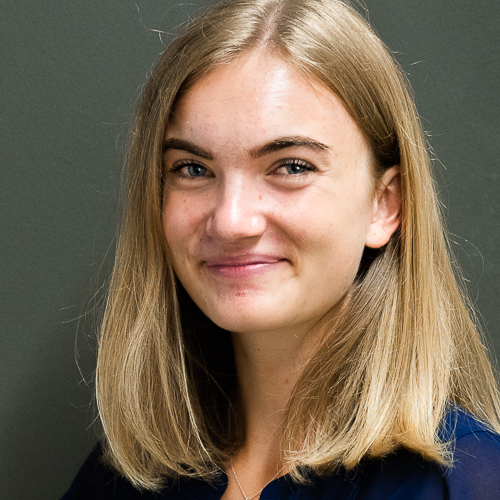Information for potential organizers of a SPICE workshop
We encourage applications for a SPICE workshop if you want to organize an interdisciplinary workshop on an emergent field or where two distinct fields or sub-areas are brought together to cross new frontiers and seek to overcome challenges that each on its own may not be able to do.
Although a spin-related area is encouraged, its connection does not have to be direct. Spin is linked directly or indirectly to a very broad area of solid state physics and materials science. Hence, besides typical spintronics fields, most areas of condensed matter physics are being considered as potential workshop topics as well.
The proposals should arrive at least 8-9 months before the intended date for full consideration. Although there is no formal limit on the length of the proposal; we recommend to keep things within three to four pages.
Currently we have three possible formats:
-
SPICE workshops or schools: these workshops should merge different fields or areas that typically have not interacted strongly before or be on a very active emergent topic.
-
SPICE-MITP workshops: these workshops are of similar scope as the regular workshops but with a reduced number of senior participants that will interact for one to two weeks in the Mainz Institute of Theoretical Physics.
-
SPICE Young research leaders group workshops: here the leading coordinators are top level young researchers, coming together to explore new research areas or specific challenges defined by the new generation.
The proposals will be evaluated as rapidly as possible with the help of the directing team and the SPICE Advisory Board. Please find below specific instructions for the workshop proposal, the expected format, etc., and what is provided by SPICE.
Writing a proposal
The proposals should contain information about (1) title, (2) organizers, (3) general motivation, (4) aspects of interdisciplinarity, (5) participants and key speakers, (6) preferred dates for the workshop, and (7) poster motif. In section (8) below we give also co-sponsors and budget considerations together with information of what SPICE provides.
These topics are further expanded upon below. For any further questions related to proposal preparation or the activities of SPICE please contact the members of the SPICE team or the center directly at: spice@uni-mainz.de
Detailed description of the proposal
Please submit your proposal in pdf-format. Although there is no formal limit on the length of the proposal, we recommend to keep the entire length within four pages.
Title
Keep in mind that it should attract people from other disciplines. Clear, interesting, and attention grabbing is always a plus. The interdisciplinary character of the workshop should reflect itself in the title.
Organizers
-
Provide full contact details of all organizers. Indicate who will be the primary organizer that will be in contact with the SPICE staff.
-
Describe why each organizer: expertise, motivation, what he/she brings to the organization of the workshop and which community will he/she attract to participate.
-
SPICE encourages the organizers to write a short "perspective" article after the completion of the workshop that can serve as a roadmap for the possible emerging field. Invitations for participation of editors from major journals are encouraged.
-
A German or European organizer, although not necessary, is encouraged.
General motivation
-
A short scientific case of why a workshop on the proposed topic is timely and what you want to achieve. This should be aimed to non-experts. Describe the topics of the workshop. Be specific about scientific challenges and targets. This input is typically used in creating the webpage for the workshop.
-
It is important to articulate here how you would envision the impact of a successful workshop. Who would need to come and interact? How would the interdisciplinary character help or be measured?
Aspects of interdisciplinarity
-
Please specify topics which connect the participants from the different fields (common techniques, phenomena, problems, goals...). How synergistic is the workshop and does it have a possibility to generate new fields? Why is the topic of particular current interest and emergent?
-
Provide a specific plan on how interdisciplinary learning and research could be achieved between the participating disciplines or subfields. Also note that to promote interdisciplinary learning and collaboration, we require imbedding talks and overview tutorials aimed at the complementary disciplines. These tutorials should be given by top communicators, not merely the senior leaders in their fields (sometimes the two are not the same). Ideally, half of people should not know they other half. If an imbalance exists, the minority should be given a preferential schedule (afternoon of the first day, etc.) in order to foster communication during the workshop.
-
Another key aspect is inter-generational. At least 1/4 of the invited speakers should represent the next generation of the fields.
Participants, Key speakers
-
Give an estimate of the expected number of participants and a list of the invited speakers.
-
Participation of the vast majority of the participants during the entire workshop period is important.
-
Indicate the expected ratio of senior to junior participants. Note that 1/4 is a minimum ratio required; higher numbers are encouraged.
-
Provide information about the key speakers (in particular for the tutorials). Are they the best communicators? What is their status of commitment? Indicate whether they have confirmed their participation.
-
All talks are taped and posted on our YouTube channel. Talks discussing unpublished work can be put on hold until the work has been submitted for publication. Participants should be made aware of this.
Preferred dates for the workshop
-
Please state preferred dates for the workshop. If possible, indicate several alternatives.
-
Try to avoid clashes with other important conferences in the respective fields.
-
The typical length of a workshop is 4-5 days for a workshop held at Schloß Waldthausen or similar location. For the ones held at MITP it can be between 1-2 weeks pending on the availability. If you choose a different length, please indicate your motivation.
Poster Motif
Provide a graphics that could serve as a poster motif later on. Note that SPICE collaborates with a professional designer for the final poster design.
Co-sponsors, budget considerations, and what SPICE provides
SPICE provides
In the proposal you should identify possible co-sponsors, their level of commitment or possibilities. A typical workshop of about 40 people will require some participation fees that may vary depending on the length of the workshop, support from co-sponsors, the degree of support for the lodging, etc. For non-invited speakers is it typical to require a non-refundable fee. Instead of requesting you to calculate a budget at this stage, we ask you to contact us directly for discussing the possible parameters so we can advise on what has worked well in the past.
Proposal Example
» Quantum Acustics Workshop (pdf)
» Quantum Acustics Workshop (docx)

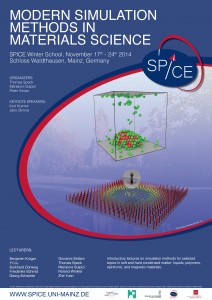
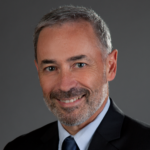 Director of SPICE
Director of SPICE 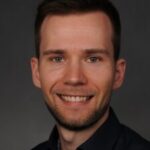
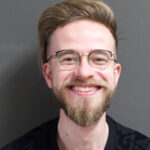 Scientific Coordinator (Spintronics and Topological Matter)
Scientific Coordinator (Spintronics and Topological Matter)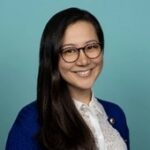
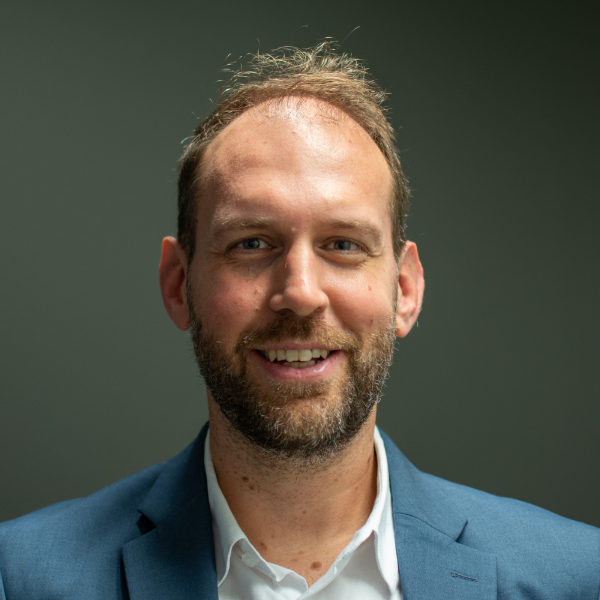 Scientific Coordinator (Non-equilibrium Physics)
Scientific Coordinator (Non-equilibrium Physics) External Scientific Coordinator (Spintronics and Skyrmionics)
External Scientific Coordinator (Spintronics and Skyrmionics)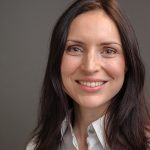 Event Management and Guest Relations
Event Management and Guest Relations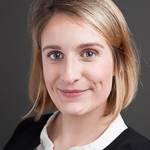 Project Management
Project Management 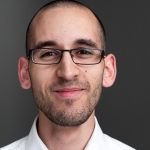 Media and IT
Media and IT